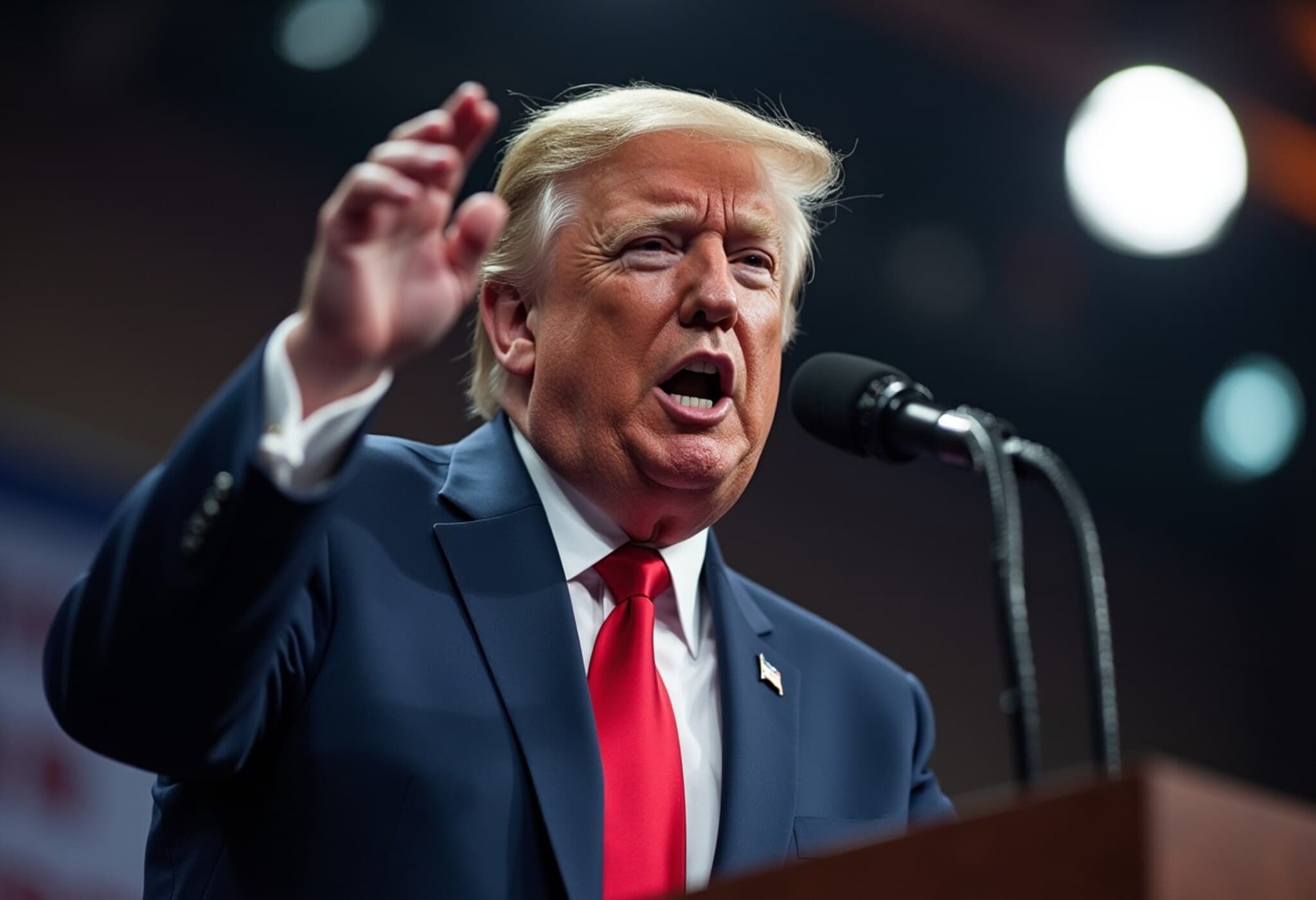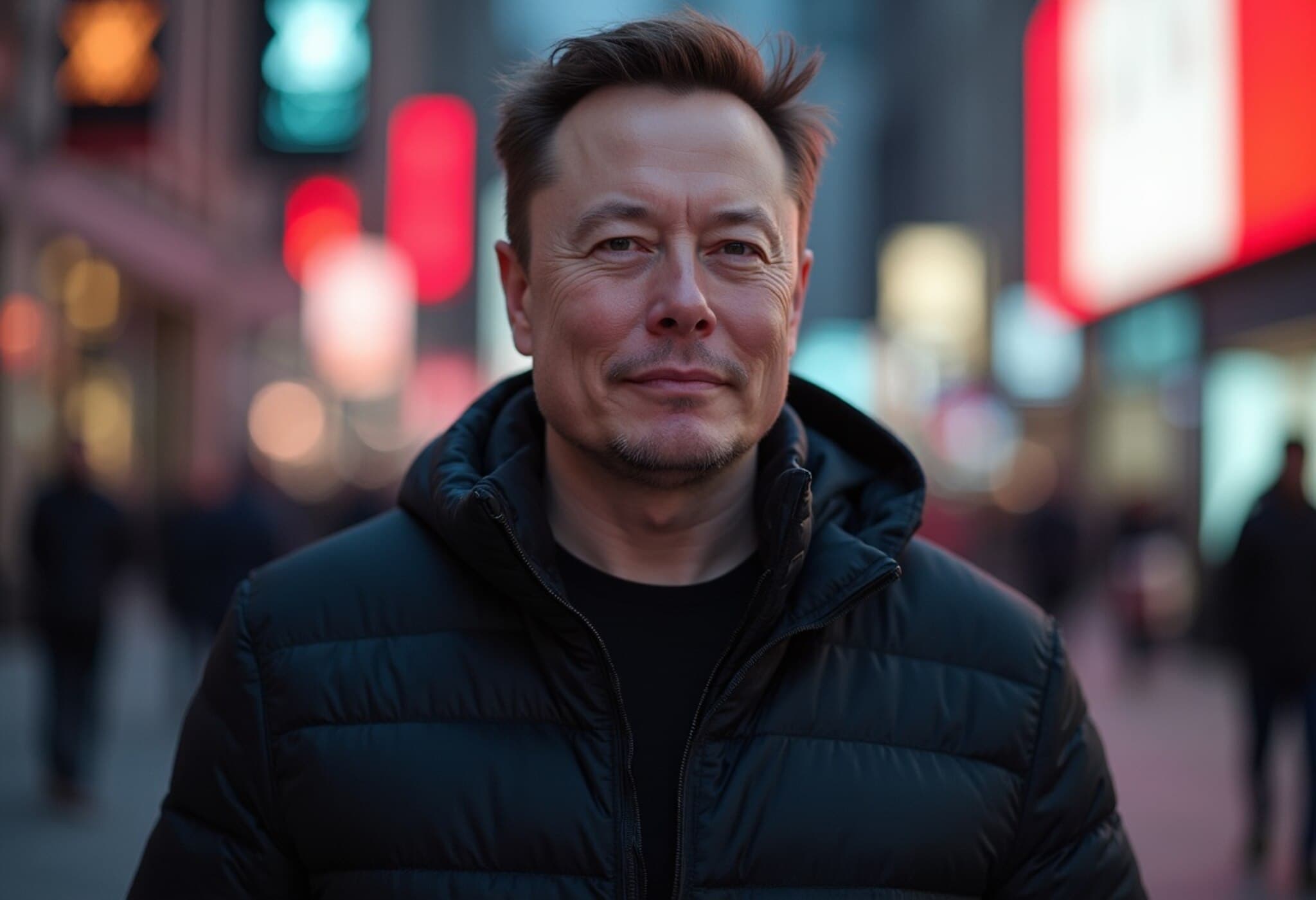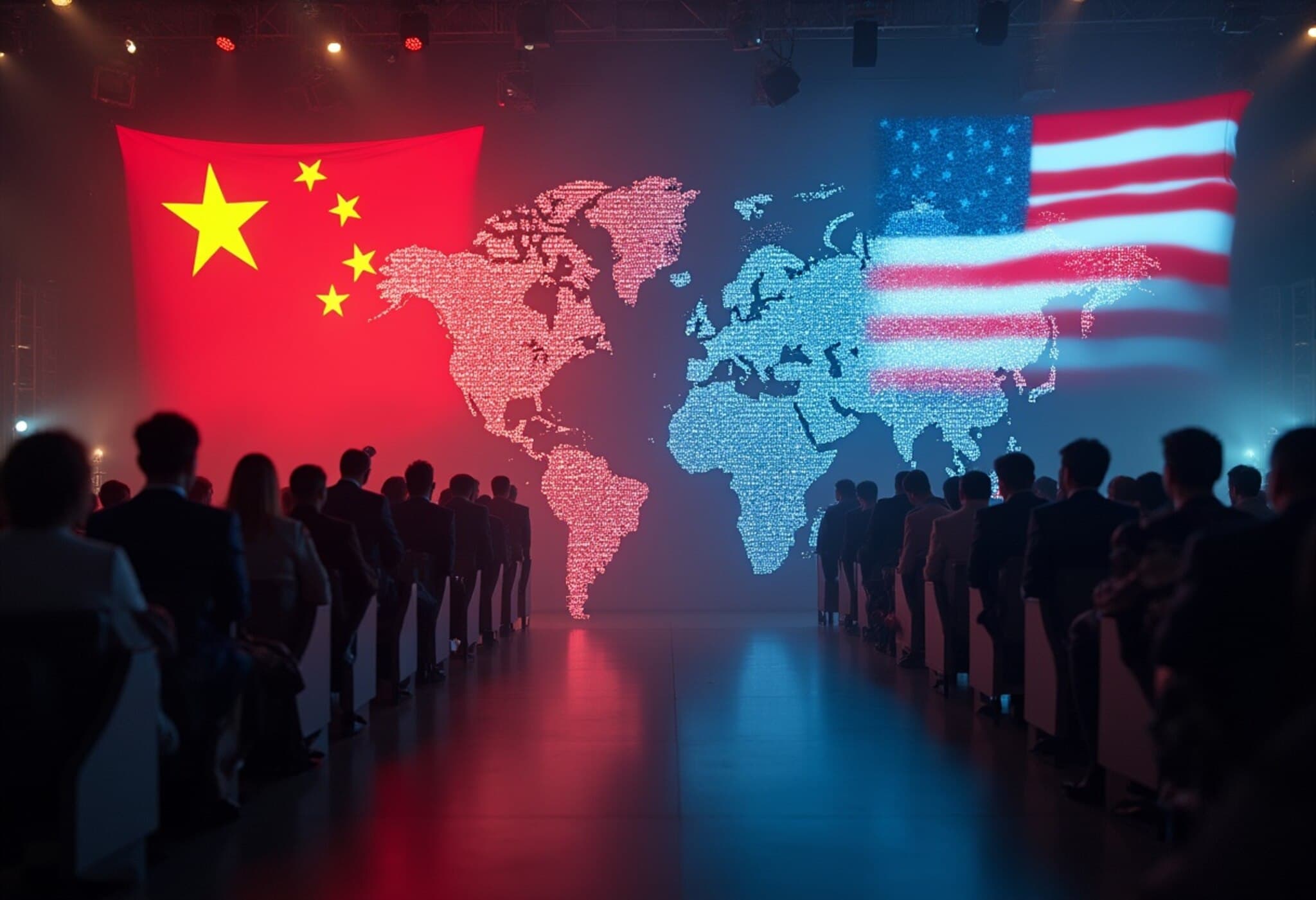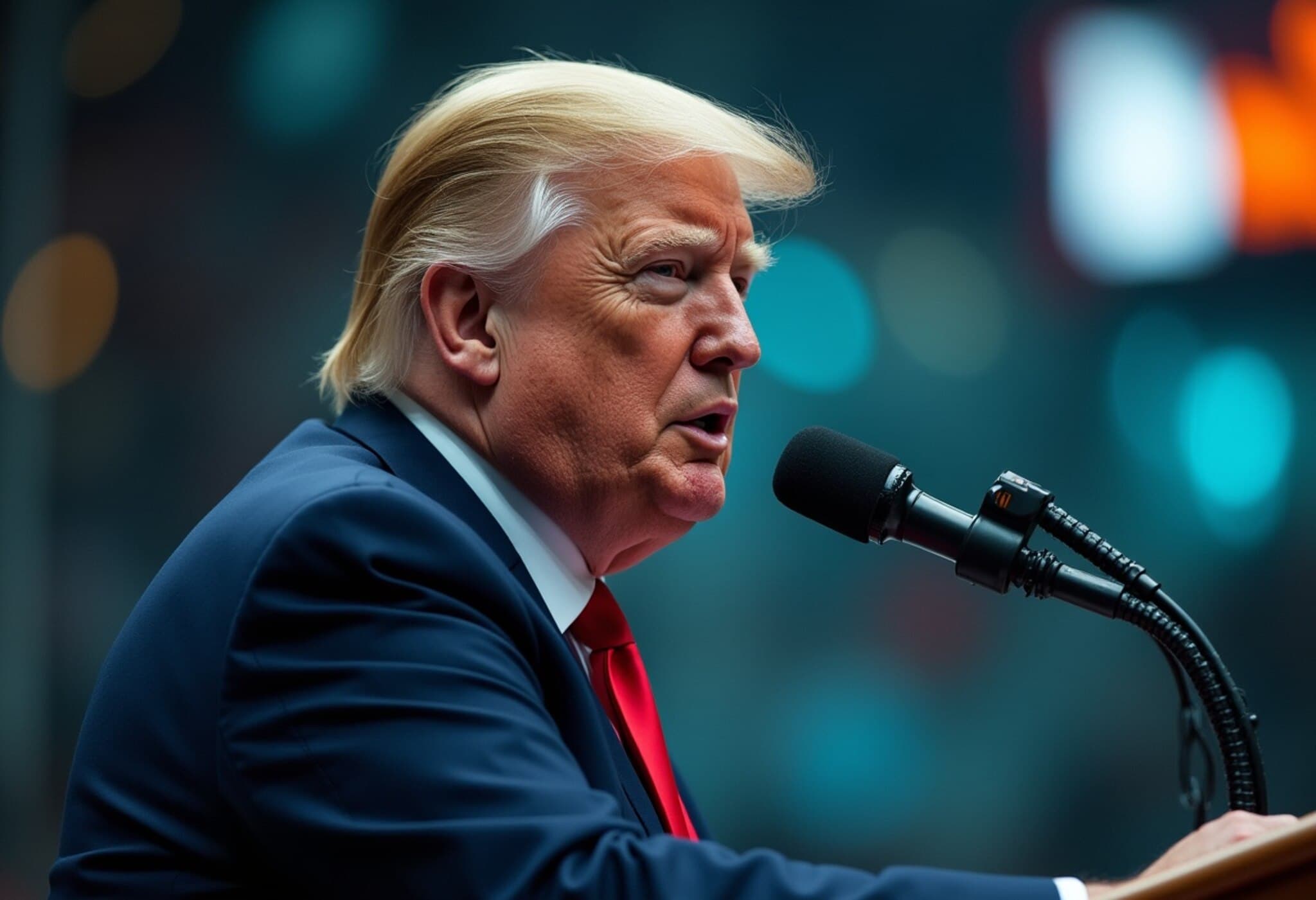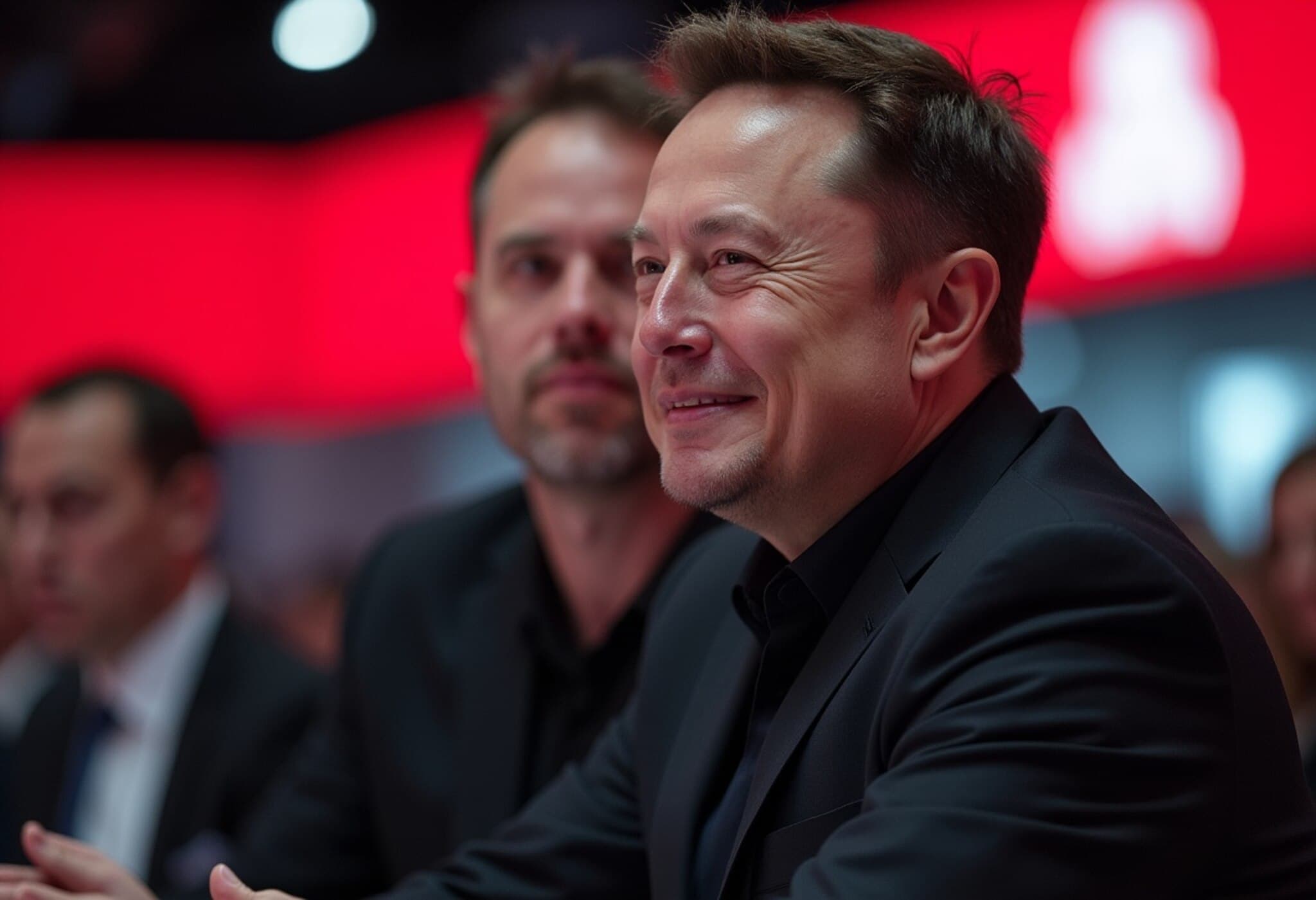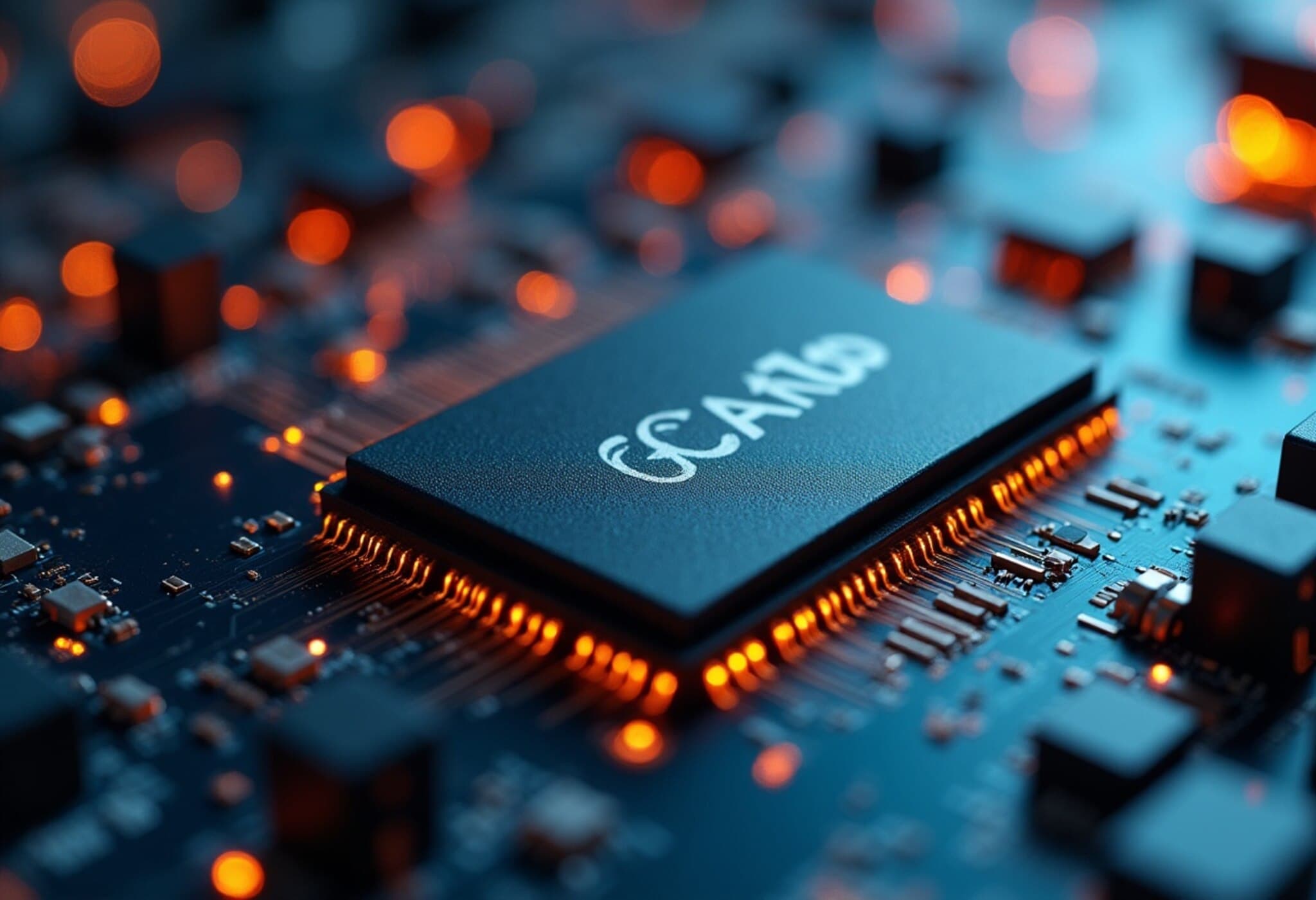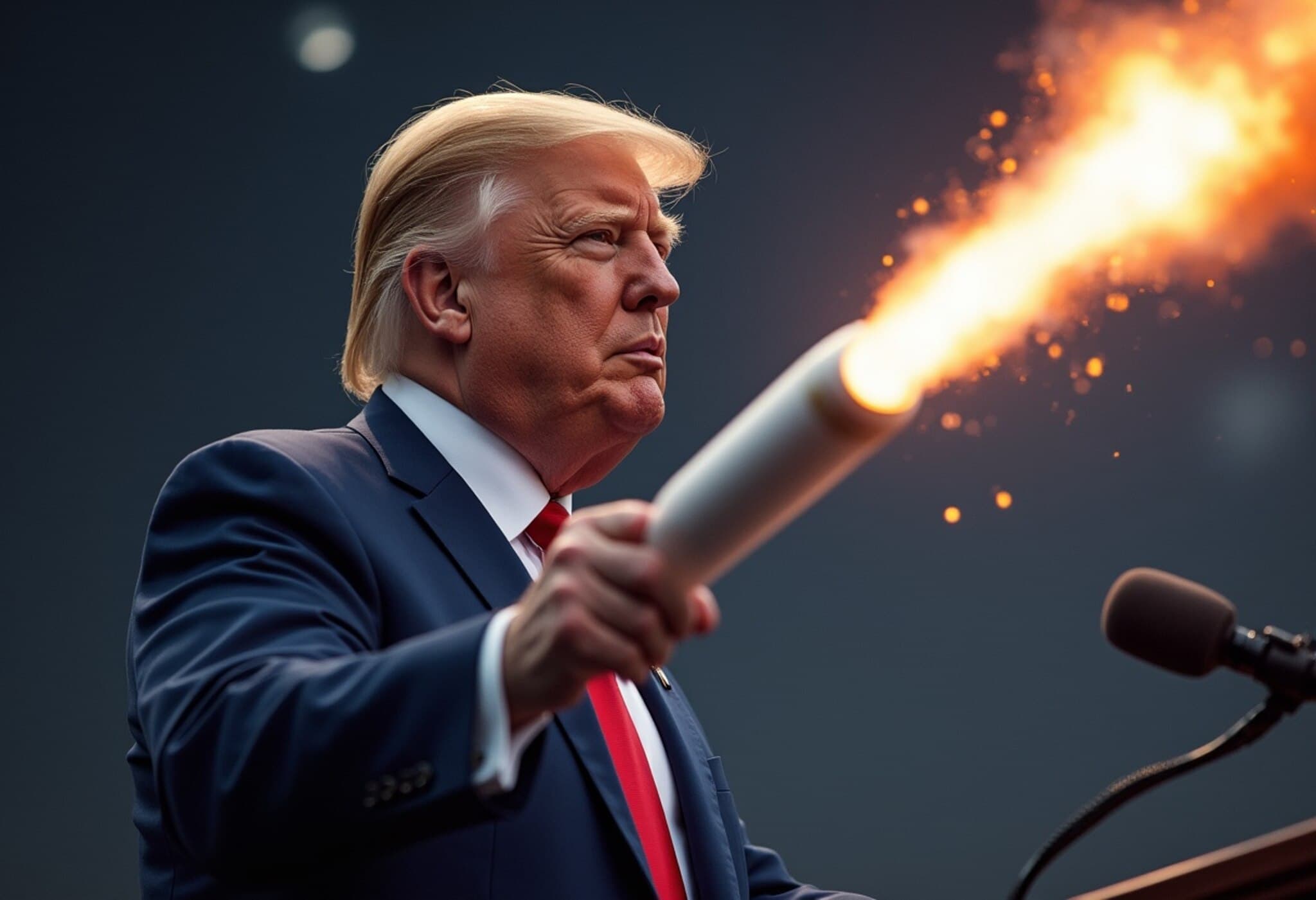Trump Urges US Tech Companies to Put America First Amid Globalization Critique
At a recent Artificial Intelligence summit in Washington D.C., former President Donald Trump delivered a forceful critique of American technology companies, urging them to end their reliance on overseas manufacturing and foreign labor—particularly in China and India. His remarks underscore a broader call for renewed national loyalty and economic patriotism within Silicon Valley and the larger tech ecosystem.
Condemnation of 'Radical Globalism' and Overseas Outsourcing
Trump accused the tech industry of embracing what he termed "radical globalism," a strategy that, according to him, has sidelined American workers and compromised domestic economic interests. "Many of our largest tech companies have reaped the blessings of American freedom while building their factories in China, hiring workers in India, and slashing profits in Ireland," he said, drawing attention to corporate tax avoidance and offshoring practices. He also lamented the censorship of American voices by tech firms, framing the issue as a dual economic and cultural betrayal.
Executive Actions to Bolster US AI Leadership
In line with these remarks, Trump signed three executive orders aimed at solidifying the United States’ competitive edge in the burgeoning field of artificial intelligence (AI). These include a comprehensive White House action plan to advance AI development domestically and initiatives designed to promote the exportation of fully integrated American AI technology packages. The administration’s agenda reflects a push toward both innovation and safeguarding national interests in the tech sector.
Historical Context and Policy Implications
This latest call to action is consistent with Trump’s prior statements targeting global supply chains tied to American technology products. Notably, in May, he publicly pressured Apple’s CEO, Tim Cook, demanding that iPhones sold in the United States be manufactured domestically rather than in India or elsewhere. Trump threatened a hefty 25% tariff on imported Apple devices if this demand was not met, illustrating a tough stance on trade and manufacturing sovereignty.
Expert Insights: The Economic and Political Dimensions
Trump’s rhetoric taps into long-standing debates over globalization, manufacturing, and national security. Economic experts note that while outsourcing has helped companies reduce costs and tap into skilled labor abroad, it has also sparked political backlash due to job losses in key American industries.
From a policy perspective, promoting domestic tech manufacturing aligns with bipartisan efforts to enhance supply chain resilience and technological independence, especially amid rising geopolitical tensions with China. However, critics warn that aggressive tariffs and protectionism might fuel trade disputes or hinder innovation by isolating companies from global collaboration.
Broader Impacts on American Workers and Innovation
Trump’s appeal to Silicon Valley to embrace "a new spirit of patriotism and national loyalty" resonates with many American workers who feel sidelined by offshoring. Encouraging tech firms to invest domestically could create high-skilled jobs and stimulate local economies. Yet, it also raises challenges, such as mobilizing adequate infrastructure, workforce training, and balancing cost competitiveness.
- Key Questions: How will U.S. tech companies reconcile global operations with growing calls for domestic investment?
- What are the long-term economic effects of tariffs on consumer prices and innovation?
- Can a "national loyalty" approach coexist with the inherently global nature of technology development?
Conclusion: Navigating Patriotism and Global Strategy in Tech
President Trump’s comments and executive actions highlight an escalating push for American technological sovereignty amidst an increasingly multipolar world economy. Whether his vision of "America First" in tech materializes depends on corporate responses, legislative backing, and global market dynamics. What remains clear is that the intersection of economics, patriotism, and innovation will stay center stage in debates over America’s tech future.
Editor’s Note
This development sheds light on the complex tension between global economic integration and domestic priorities in the tech industry. While fostering patriotic allegiance is an appealing narrative, the challenges of geopolitics, trade, and innovation ecosystems require nuanced strategies beyond rhetoric. As the AI race intensifies, stakeholders must balance nationalist ambitions with collaboration to ensure sustainable technological leadership and economic prosperity.

